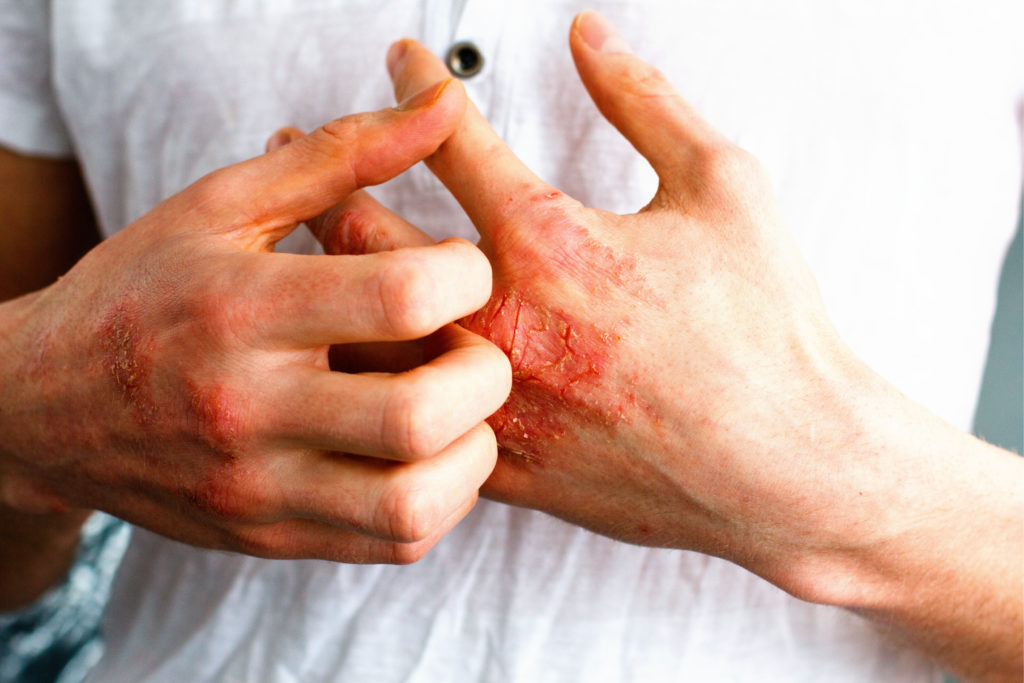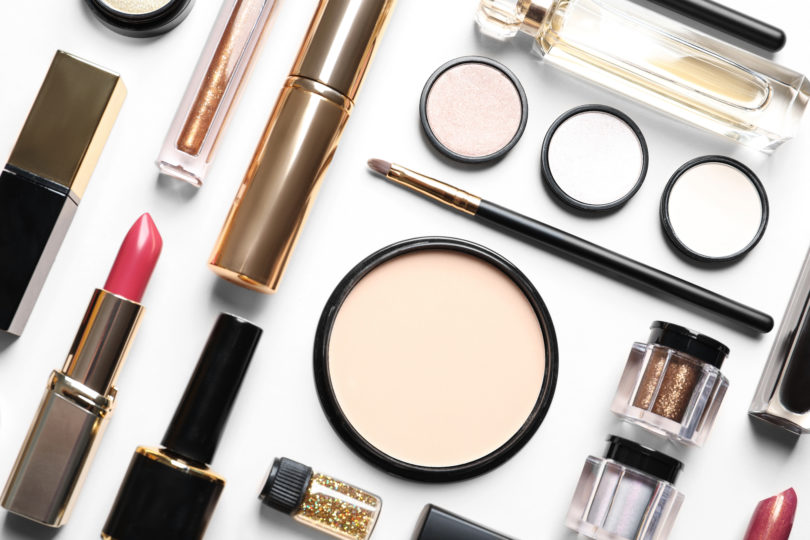The lifting of a ban on the use of CBD in creams and cosmetics will be a major boost for smaller European businesses.
In early 2019 the European Commission (E.C.) introduced new non-legally binding provisions which outlawed the use of natural CBD in cosmetics in favour of synthetic CBD. However, the European Industrial Hemp Association (EIHA) has successfully overturned the decision following an intensive lobbying campaign, led by its Managing Director Lorenza Romanese.
Ms Romanese told CBD Testers: “The initial change only suited a few cosmetic companies as synthetics are extremely expensive. The process involved also produces a lot of chemical waste, which needs to be recycled at a later stage. But, the European Commission have changed the catalog and we can now use leaves in cream and other cosmetics. This is a massive boost for the wider European industry and the smaller hemp and CBD business we represent.”
Click here or use the sign-up form below to subscribe to the CBD Business Weekly Newsletter.
Legal Confusion
The E.C.s decision to outlaw natural CBD is rooted in the confusing legal position of cannabis and hemp, not just in Europe, but across the whole world. European cosmetic regulators chose to create a new classification for CBD, based on a strict interpretation of the 1961 Single Convention on Narcotic Drugs (SCND).
The Cosing database – the Inventory of Cosmetic Ingredients – was thus updated to outlaw CBD ‘derived from extract or tincture or resin of cannabis’ whilst it surprisingly approved ‘synthetically-produced CBD’. However, the EIHA pointed out that industrial hemp is clearly excluded from the SCND’s banned ingredients list, which, also does not include ‘cannabis seeds or leaves without fruiting tops’.
And, it highlighted how CBD, derived from these parts of the cannabis plant, is not outlawed in Europe. Ms Romanese said: “The decision last April was based on the view CBD was a narcotic, but we proved to them that industrial hemp is excluded from the SCND as it is not a drug, and does not have psychotropic effects.” CBD Testers is waiting for a comment from the E.C.
Booming Market
Julie Mackay, founder of U.K. cosmeceutical boutique and skincare brand Kaneh, has welcomed the change. She told CBD Testers: “Kaneh has been wanting to export to our European neighbours, particularly Germany and France, who are key natural skincare and cosmetics markets, so, we are delighted the ban on natural CBD extracts has been lifted.”
Studies have shown CBD’s potential as an antioxidant, anti-inflammatory, anti-microbial and anti-sebum agent, capable of nourishing, calming and rejuvenating skin, as well as addressing signs of ageing. This comes as the global demand for CBD Skincare and beauty products is growing rapidly.
A new report from Prohibition Partners ‘Disrupting Beauty’ says CBD products could account for 10% of global skin-care sales, and values the global CBD skincare market at nearly $1 billion, within five years.
It says: “CBD beauty is an emerging category, with brands across the beauty spectrum weighing up the possibilities of launching products within their existing portfolios or of going all out with a CBD-inspired product range.”
With many mainstream brands still shunning the sector it leaves the door open for the smaller independents, it adds.
North America Leading The Way
The passing of the 2018 Farm Bill and the boom in CBD that resulted from this has seen the sprouting of a large number of independent U.S. cosmetic brands. These are already catching the eye of acquisitive larger players and there has been some takeover activity in the sector.
One of the first such deals was of that of Colorado-based Mary’s Brands, which was acquired for an undisclosed sum by BR Brands of Connecticut, late last year.
Lynn Honderd, CEO of Mary’s Medicinals brands, said that as well as home-grown Colorado hemp its products contain high quality ingredients such as the mineral-rich Dead Sea mud and salt. After the deal closed, Ms Honderd stepped down as CEO but remains an adviser. Young Canadian entrepreneur Brandi Leifso, is CEO of Evio Beauty, her company secured an investment from cannabis giant Aurora in 2018.
The agreement, which took place before last year’s stock market rout and the departure of Aurora’s CEO Terry Booth in January, this year, marked a diversification into consumer-facing brands from its traditional medical cannabis range.
Brandi, who launched her first beauty range when she was living in a Vancouver homeless hostel at the age of 21, told CBD Testers: “Aurora is one of the biggest licensed producers of cannabis in the world and cannabis is a strong, and equal market for beauty companies; especially in Canada.
“We recognized that cannabis, and hemp, could help us in achieving our goal of a more conscious future by reducing the use of plastic, and being kinder to the environment and animals. We are completely cruelty-free. We’re looking forward to conducting more research on the extensive benefits and use of hemp and CBD in skincare and make-up.”
CBD And Skin Conditions

One of the main cosmetics CBD markets may well be in anti-acne products. There has been some research into this in which a Hungarian academic found that it may be more effective than Accutane as a treatment for acne.
Accutane, also known as isotretinoin, is a medication primarily used to treat severe acne – but can prevent certain skin cancers. It has been found to cause birth defects in a developing foetus if a woman takes it during pregnancy.
In 2009 Tamas Biro from the Department of Physiology, at the University of Debrecen University Hungary, highlighted the potential for CBD as an anti-acne agent. His research reported that CBD may be able to regulate lipid production which, when out of balance, can lead to acne and dry skin.
This also highlights the potential for CBD in relieving dry skin with research suggesting CBD may alleviate symptoms like dryness, itchiness, burning, and help people with psoriasis and dermatitis. Meanwhile research has been undertaken into the effectiveness of CBD in alleviating inflammation by regulating cytokine production.
Cytokines are a group of proteins that interact with the immune system and regulate inflammation. Increase inflammation can cause pain and regulating cytokines with CBD may alleviate both inflamed and painful skin.
For more articles like this one, subscribe to the CBD Business Weekly Newsletter.







